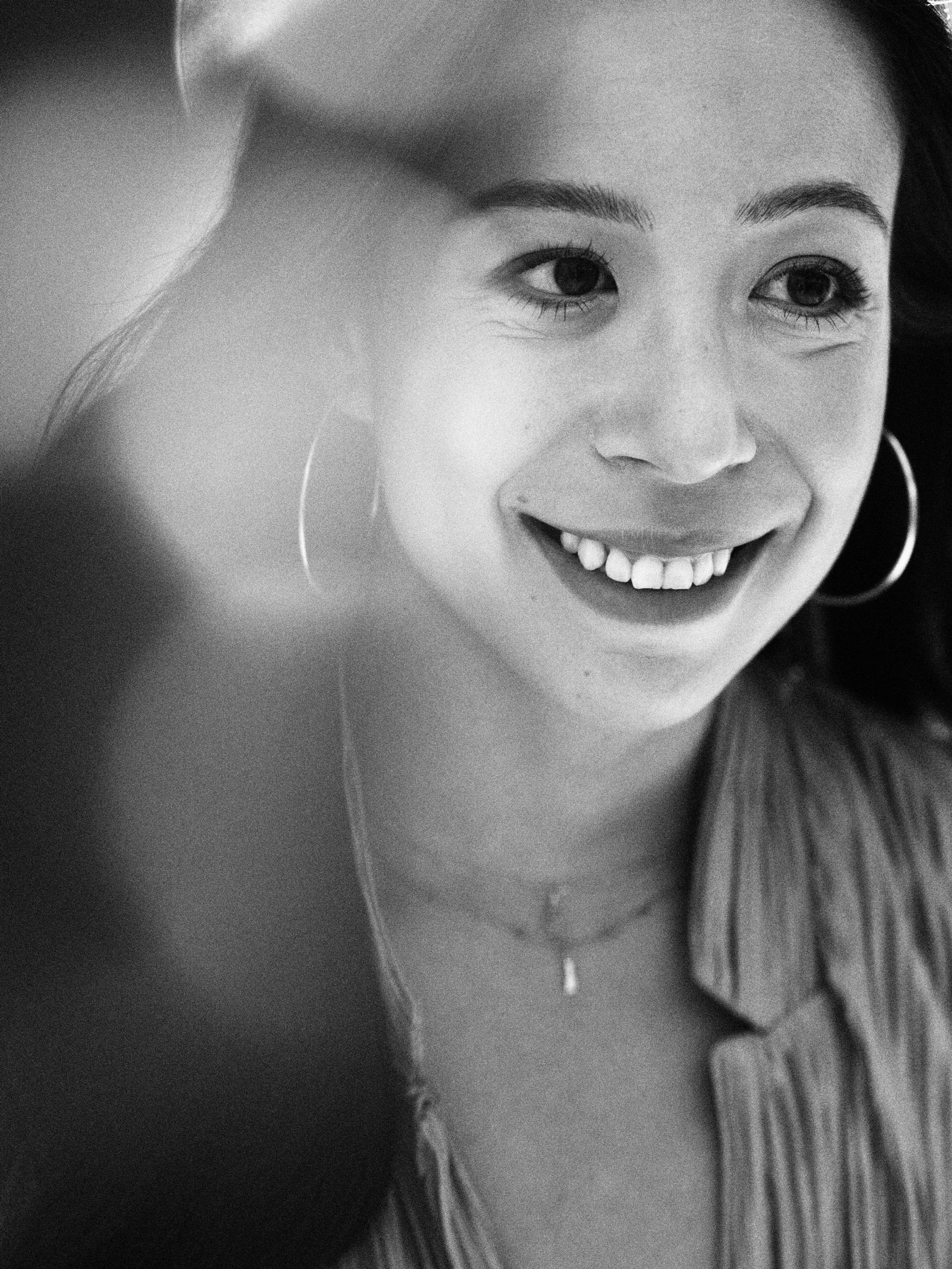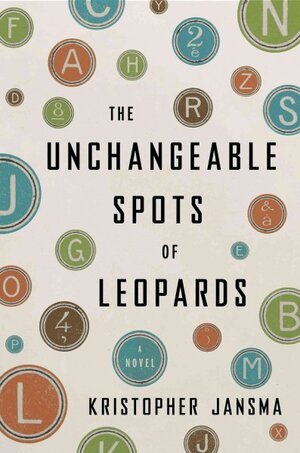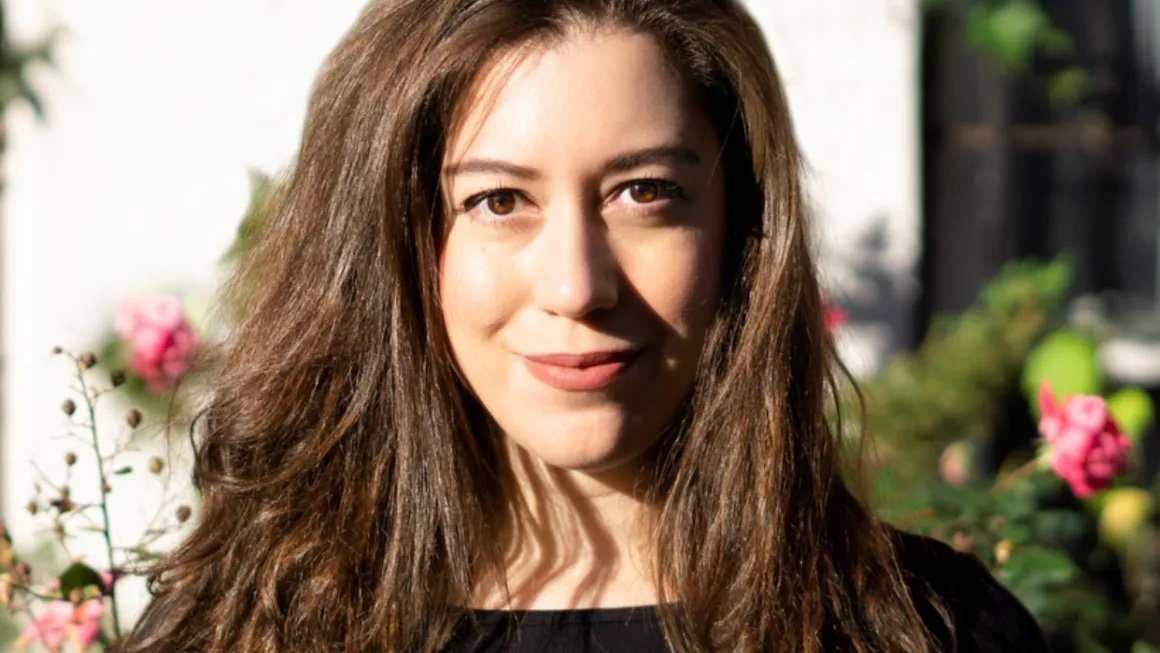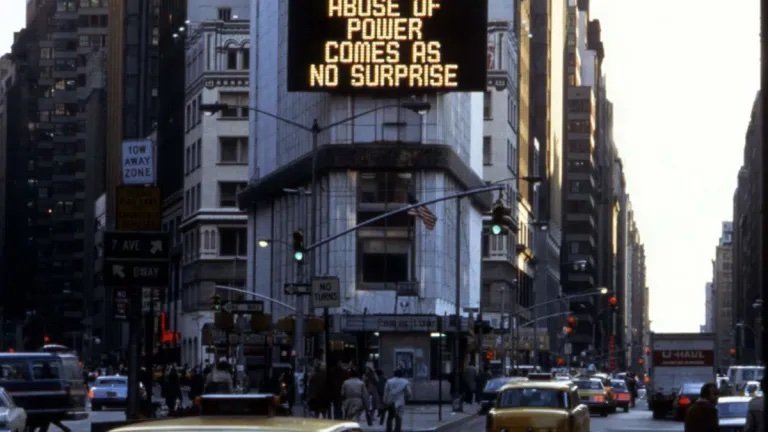God’s Touch in Nicolette Polek’s Bitter Water Opera
By Ali Banach
The work’s size, its breathless metaphors, and its coquette-ish design all point toward contemporary trends that have spawned due to digitally-minded, attention-deficit reading lives. However, as a departure from other contemporary fragmentation, the book’s preoccupation with mysticism creates an internal justification for such formal choices.
I Tether Myself to You: A Conversation with Alexandra Tanner
By Yasmin Roshanian
I think of this novel as an existentialist novel. Not in any pretentious, philosophical sense, but in the sense that it is really, really hard to know who you are right now. There’s complete information saturation and bombardment.
Do Muslim Women Still Need Saving? : How Lila Abu-Lughod Interprets Today’s Political Reality
By Mariam Syed
For the past few weeks, I’ve interviewed Lila Abu-Lughod to commemorate the twentieth anniversary of her essay and the tenth anniversary of her book Do Muslim Women Need Saving?. We discussed the ongoing and heightened significance of her projects given our new political reality: Muslim women are leading global liberation efforts, the United States has withdrawn from Afghanistan, and most recently, has staunchly supported the Israeli army’s full-scale assault on Gaza. This interview was conducted over email.
“The question is: are you getting hustled?” A Conversation with Aube Rey Lescure
By Liz von Klemperer
Aube Rey Lescure’s debut River East, River West is a searing social commentary that spans decades and perspectives.
To The Stars & Other Stories
As one of the early Russian Symbolists of the late nineteenth century Sologub—like his artist in “The Lady in Shackles,” another story in the collection—is of paltry fame but important talent. Better known for his poetry and novels, he’s credited for bringing the cynical and macabre motifs of Western Europe’s fin de siècle to Russian literature.
“True Life” in the Country of the Imagination
Poetry and terror are so interwoven, it is impossible to extricate one without disturbing the other. They run into each other, borderless and pervasive, like music, or scent.
The Poetic Science-Nonfiction of Alexis Pauline Gumbs, Undrowned
Alexis Pauline Gumbs actualizes how marine mammals survive and how they die in a capitalistic society as one in the same with Black survival and death. This might sound conspiratorial—because it is. Yet this book truly is a scientific guide on marine mammals.
On Persisting: An Interview with Marisa (Mac) Crane
Marisa (Mac) Crane is the author of the debut novel I Keep My Exoskeletons to Myself, in which a queer, first-time parent must navigate child-rearing while grieving the loss of her partner to childbirth.
Writing What You Know: An Interview with Kristopher Jansma
Kristopher Jansma’s work isn’t just about the lives of writers; we all tell stories, published or unpublished. We don’t all have to be idealists, but we can all have ideals.
Through the Eyes of Winged Things: The Birds and Ghosts of Jess Richards
Jess Richards’ memoir Birds and Ghosts is peppered with pencil sketches of birds—peppered because the specks of bird appear like grains of pepper, coalescing into network structures. Poetry, lyric essay, memoir, prose poetry, occult reflections, and sketches join to form a map, a network, shaped like a brain by connections and synaptic firings.
The Horror of the Ordinary in Emma Cline’s The Guest
The Guest is all about nonattachment. It follows a twenty-two-year-old woman named Alex as she is expunged from the home of Simon, the wealthy older man she has been staying with for the summer. The narrative action clings, as though in real time, to the five days she is left to wander the “wilderness” of Long Island’s East End, until a party on Labour Day, when Alex hopes to re-attach herself to Simon, and the trappings of his rarefied life.
History and Homeland in Monika Helfer’s Last House Before the Mountain
Austrian writer Monika Helfer’s 2020 novel Die Bagage—recently released in English under the title of Last House Before the Mountain (Bloomsbury, April 2023), and translated by Gillian Davidson—is a story of home and homeland, of belonging and alienation, of secrets that span generations.
Review: Yesterday by Juan Emar, Translated by Megan McDowell
It’s an exciting literary event when a translator resurrects a writer from the obscurity of the past. To our benefit, this is exactly what Megan McDowell does with her new translation of Juan Emar’s Yesterday (New Directions, April 2022), a novel whose wonderfully frustrating exploration of the difficulties of communication comes at a time when we are reconceiving our social relationships in a post-pandemic world. As Emar’s first substantial introduction to the American reading public—fifty-eight years after his death—Megan McDowell’s translation pays deft tribute to the levity, complexity, and despair of Emar’s prose, while maintaining the intellectual fortitude of a text that asks us to reconsider fundamental conceptions of identity that undergird both the popular novel and, by extension, our understanding of ourselves.
Fire Season: Selected Essays 1984-2021, by Gary Indiana
In Gary Indiana’s 1989 novel Horse Crazy, the narrator’s sociopathic crush finally shows him his first large-scale artwork: “an arrangement of six different male types: college preppie, Kennedy-type young lawyer, bohemian, blue-collar worker, and so forth.” The narrator soon realizes all six faces belong to Ted Bundy. “Such is the ambition of American society, that a person who runs out of control in this manner can effortlessly impress those he meets as a paragon of desirable national qualities.” Indiana is forever associated with his 1985-1988 run as art critic for the Village Voice, but he is primarily an artist, and the long bibliography of plays, films, visual art, and fiction he has produced since often focuses on people “out of control.” His best-known work is a trilogy of “deflationary realist” true-crime novels. Yet there is a difference between those who commit crimes of desperation, and those who act in the relentless pursuit of power and wealth, or, like Bundy, for no reason at all. In Fire Season, a voracious, scathing collection of Indiana’s reviews and essays, Indiana has dueling subjects: the cartoon villains of the neoliberal order, and the artists making serious work in spite of it.
In Search of Utopia: A Conversation with Adrian Shirk
“As soon as I start relying on the word ‘utopia’ it becomes a misnomer,” writes Adrian Shirk in the opening pages of Heaven Is a Place on Earth: Searching for an American Utopia. Through a blend of memoir and fieldwork, Shirk examines dozens of communities, experiments, and gestures born from a collective desire to make a better world in response to the ravages of empire and capitalism. Meanwhile, we read about Shirk’s personal quest to find a home of her own, all while trying to endure the American healthcare system and the precarious academic labor market.
The Language between Worlds: A Conversation with Poet Carlie Hoffman
What does it mean to occupy an “Alaska of the mind”? Is it possible to write into and against the world of your own poems? In her debut poetry collection, This Alaska, Carlie Hoffman maps a vast, sparsely populated, and glacial terrain, choosing this landscape as the place of her reckoning with her childhood, grief, suffering, love, and hope. A poet, translator, and educator, Hoffman’s honors include a 92Y Discovery Poetry Prize and an Amy Award from Poets & Writers, among others. In conversation with Nina Reljić, a Columbia MFA student, Hoffman discusses her writing methodology and how some answers exist at the bottom of an endless well.
Review: White on White
Ayşegül Savaş’s novel White on White, published December 7th of this week, functions like a Russian doll. Throughout the story, an unnamed narrator cracks open one doll after the next for us, revealing evermore intricate renderings of her subject of observation, until we get to some—possibly crystallized—core.
On Striking, Solidarity, and Jumpsuits
I wear a lot of jumpsuits. They’re warm, chic, easy—a complete outfit when you’re too depressed to think too hard about what to wear. For those saying it’s an adult onesie, you’re right and you should say it. My best friend — an Indigenous trans poet, social work student, lifelong activist and the most fashion-forward person I know — has had several discussions with me about how a blue-collar worker’s garb was appropriated as street fashion. On my end, the fit is bold, well-cut, and practical. It’s only ever a problem when you have to use the bathroom.
A Conversation with Ann Patchett
In Ann Patchett’s most recent essay collection, These Previous Days, her attention to memory invites readers to explore what it means to be seen as “our best and most complete selves.” The collection hosts practical advice on clearing out clutter (“How to Practice”), meditations on the publishing process (“To the Doghouse”), and intimate musings on marriage (“Flight Plan”). Throughout, Patchett calls for an embrace of life’s unpredictability and brings forth the brilliance that can be found in such imperfection. Writer Yvonne Conza spoke with the author recently about time, losing a friend, and putting life in order.
Writing and Riding: An Interview with Adin Dobkin
In 1919, right after World War I, Tour de France cyclists united a country that had been torn apart by unprecedented desolation and tragedy. Sprinting Through No Man’s Land by Adin Dobkin explores how they did it. Told through the eyes of L’Auto editor Henri Desgrange as well as some of the cyclists that participated in the 1919 Tour de France, the book—written in chapters interspersed with photographs—guides us through the race as it describes the war-torn landscape and the people who live in it. A razor-sharp focus on the cycling narrative as dug out from archival research by Dobkin accompanied by a deft, descriptive painting of the aftermath of the Great War lends a rich, full tone to the retelling. Here, Dobkin and Shah sit down at the Hungarian Pastry Shop with some tea, coffee, and almond blondies to talk about nonfiction craft, the process of writing the book, and larger discussions surrounding sports today.

















































